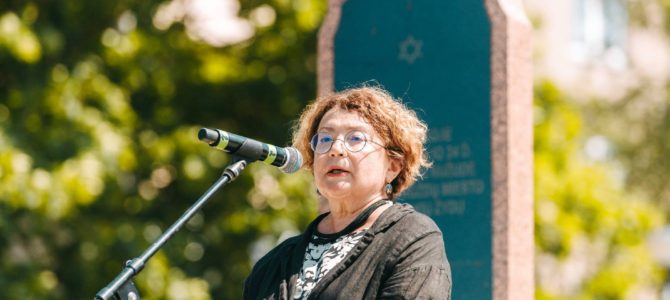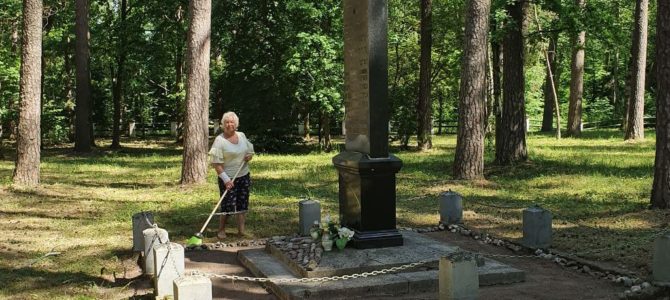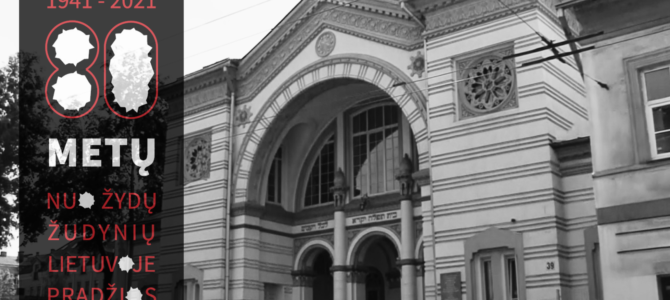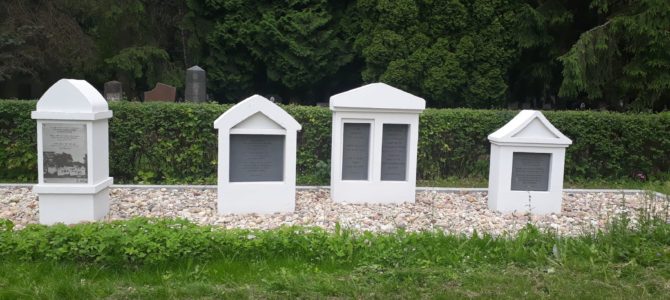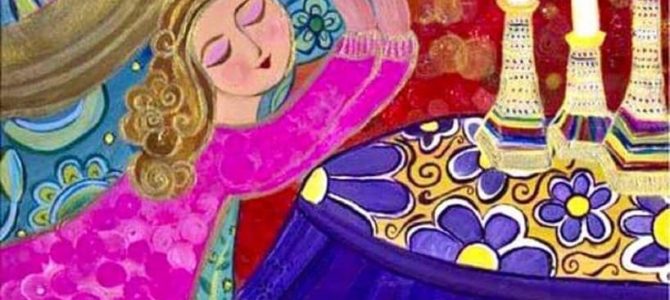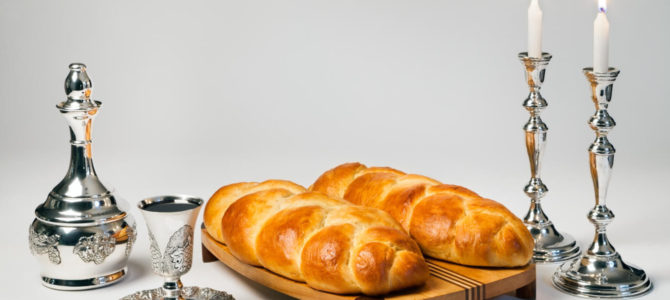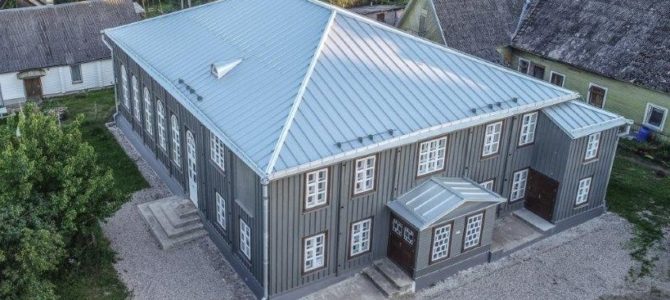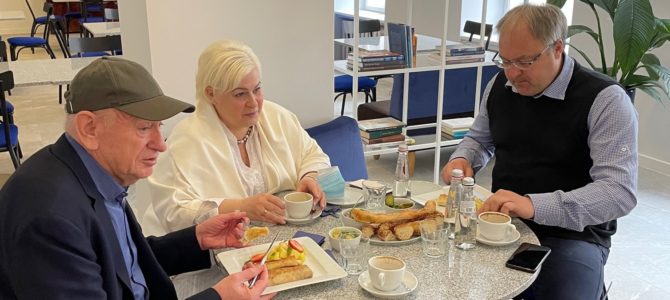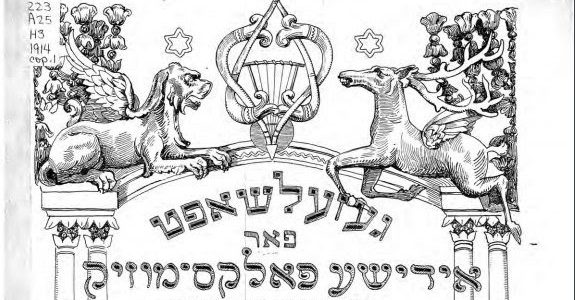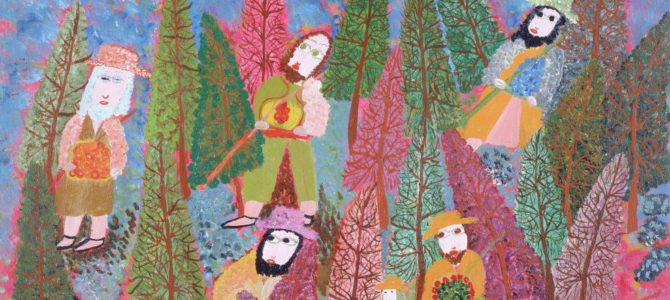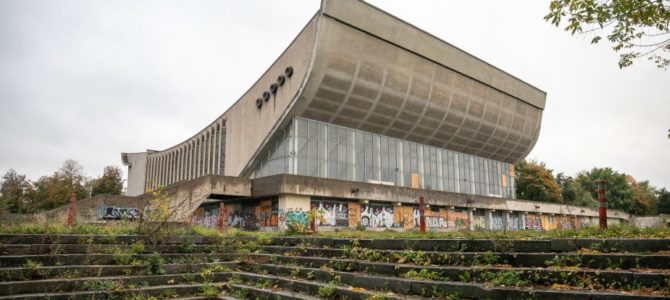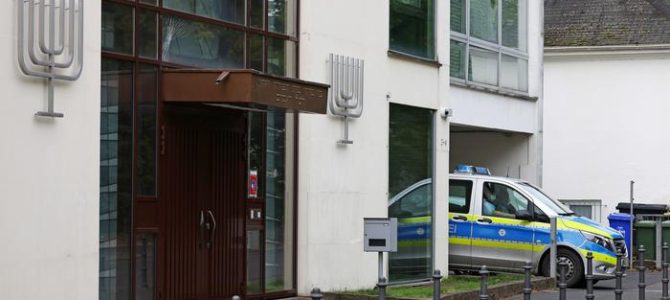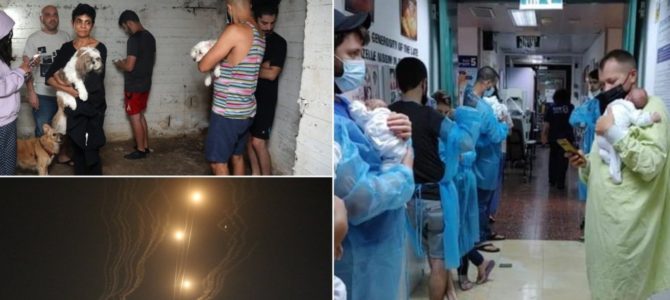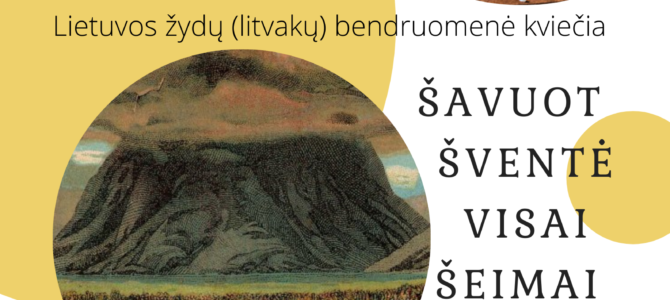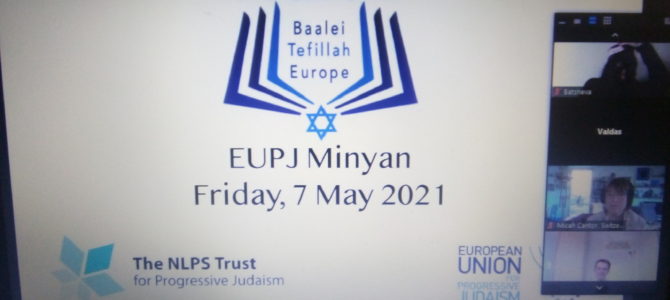The first procession in this year’s series of “Path of Memory” commemorations to mark the 80th anniversary of the beginning of the Holocaust was held in Gargždai, Lithuania, on June 23. The Lithuanian prime minister, Lithuanian Jewish Community chairwoman and the chairmen of the Klaipėda and Palanga Jewish Communities attended and spoke at the event.
“We lost many of our fellow Jewish citizens during the Holocaust and we can only imagine what Lithuania’s academic, cultural and economic life might have been if not for the Holocaust,” Lithuanian prime minister Ingrida Šimonytė told reporters the day before the event.
The commemoration took the form of a march from the site of a former synagogue to the Jewish mass murder site where a ceremony was held and speakers spoke. Some attendees carried stones with the names of murdered Jews on them, in keeping with the Jewish tradition of placing stones at a grave.
Here are some photos from the first “Path of Memory 1941-2021” commemoration held in Gargždai.
Photographs by Laima Penek, the Chancellery of the Government of Lithuania and others.


